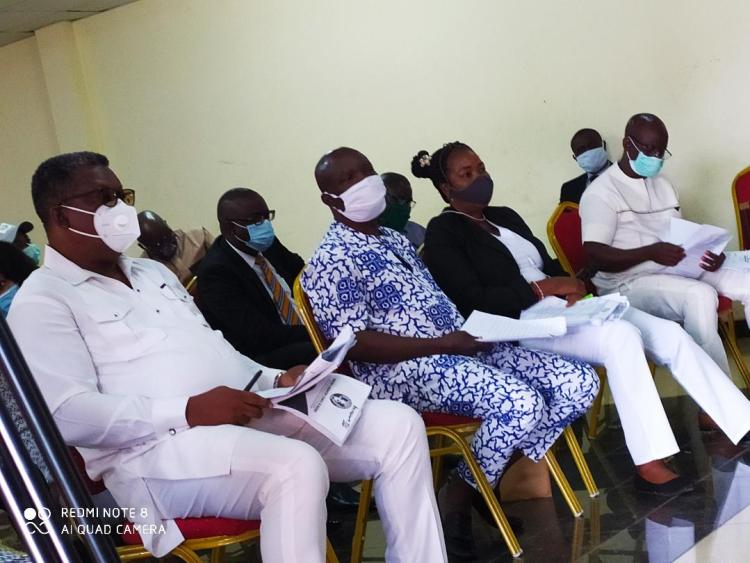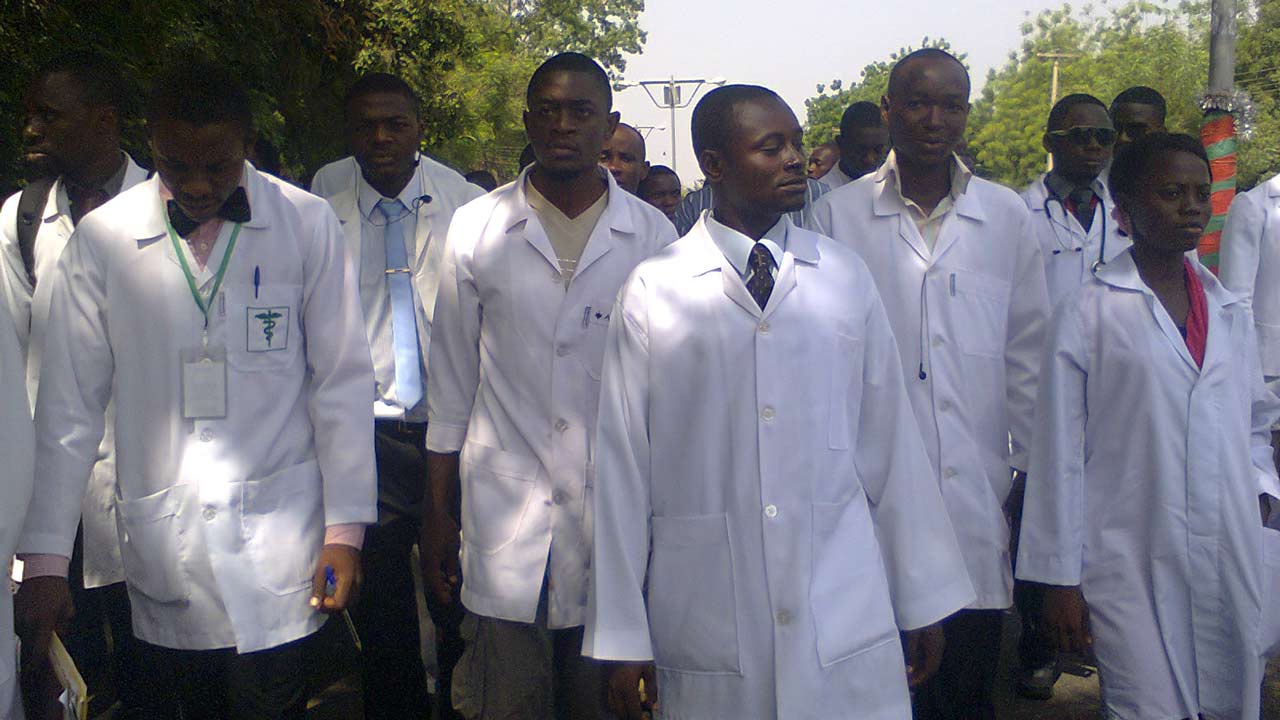Experts, under the aegis of the Anap Foundation COVID-19 Think Tank, have made recommendations on how to enthrone a coronavirus-ready Nigeria, even as they offered evidence-based strategies to exit the lockdowns.
The recommendations of the group, established on March 22, 2020, were contained in an Occasional Paper 01, titled “The ‘New Normal’: The Nigerian COVID-19 Response and What Our Post-Lockdown Society Should Look Like” billed for publication today.
The think tank comprises 18 members drawn from the six geopolitical zones and the diaspora (United States and Germany). It is peopled by volunteers with expertise in medicine, logistics, e-commerce, economics, finance, law, communications, religious knowledge, academia, mobilisation, advocacy, sustainability, governance, grant making, accountancy, actuarial science, health management and international disaster management.
The group’s membership includes Atedo Peterside (chairman); Abubakar Siddique Mohammed (vice chairman); Obinnia Abajue; Konyin Ajayi (SAN); Innocent Chukwuma; Adwoa Edun; Leo Stan Ekeh; George Etomi; Reverend Buti Sam Kputu and Bishop Matthew Hassan Kukah.
Others are Dudu Manuga; Ayisha Osori; Yinka Sanni; Lambert Shumbusho; Salamatu Hussaini Suleiman; Ibrahim D. Waziri; Dr. Yele Aluko (U.S.-based International Medical Advisor) and Prof. Kayode Ijadunola (Adviser on Epidemiology).
To achieve the feat, the experts submitted that Nigeria needed “the full and willing participation of the people; a high level of organisation within communities; strong and decentralised public health services which include an efficient testing, tracing and isolation capacity; continued limiting of large religious, sporting and social gatherings of all kinds – especially indoor gatherings – and Behaviour Change Communication (BCC) strategies customised to local languages and cultures.”
Other recommendations by the think tank include “implementation of new and safer protocols across most economic activities instead of simply attempting to shut them down for several months, as the Presidential Task Force (PTF) and some state governors currently advise, because the latter is unsustainable and directly threatens livelihoods.”
“The survival of many of us will depend on both our individual conduct and that of the collective,” it added.The six-page paper observed that the current centralised response system, led by the Nigeria Centre for Disease Control (NCDC), is not swift, thus giving room to dissatisfaction and distrust from the citizenry.
The volunteers noted that the centre would be overwhelmed as confirmed cases rise daily along with the lack of space in the already overstretched isolation facilities.
They equally observed a concentration of untapped know-how and human capital across the teaching and specialist hospitals as well as the private medical institutions nationwide.
The group, therefore, called on the Federal Government to preoccupy itself with funding and standards setting, training and supplies in addition to demonstrating best practices and enacting new and appropriate protocols for different sectors while leaving much of the day-to-day implementation in the hands of other relevant stakeholders, who have traditionally played such roles in the past effectively regarding other pandemics like the Human Immuno-deficiency Virus (HIV) and the Acquired Immune Deficiency Syndrome (AIDS). The eggheads said this would shorten response time, improve accountability and build trust in national response.
Source: Guardian





